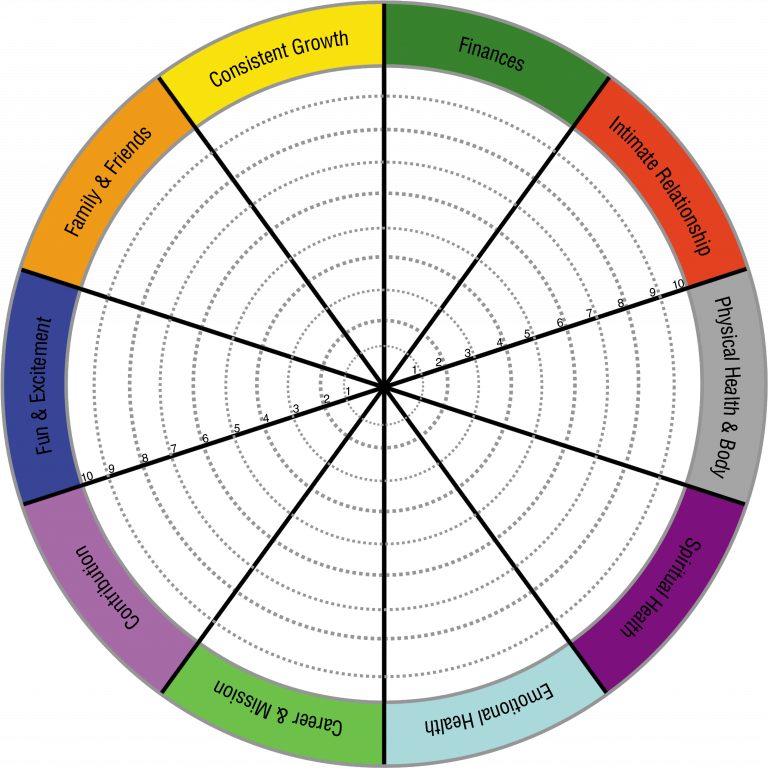Have you ever felt like a fraud in your business, despite your undeniable successes? You’re not alone. Many entrepreneurs, even the most accomplished, grapple with a persistent fear of being exposed as an imposter. This is known as imposter syndrome, a psychological pattern where individuals doubt their skills, talents, or accomplishments and fear being discovered as a “fraud.”
The Entrepreneur’s Dilemma: Relatable Examples of Imposter Syndrome
Imagine Jane, a thriving business owner with a portfolio of successful ventures. Despite her achievements, she constantly feels she doesn’t deserve her success. Every time she closes a deal or receives praise, a nagging voice in her head whispers, “It’s just luck. Soon, they’ll find out you’re not as competent as they think.”
Or consider Mark, a tech startup founder. He’s innovative, driven, and has a team that believes in him. Yet, before every investor pitch, he’s paralyzed with anxiety, convinced he doesn’t belong in the room with “real” entrepreneurs.
These examples illustrate how imposter syndrome can seep into the lives of entrepreneurs, undermining their confidence and sabotaging their potential.
The Subconscious Roots of Imposter Syndrome
Imposter syndrome often stems from deep-seated beliefs formed during childhood. Early experiences, such as being overly criticized or not receiving enough validation, can wire our brains to doubt our worth and capabilities. These subconscious beliefs create a mental script that plays out in our adult lives, particularly in high-stakes environments like entrepreneurship.
As a mindset coach and hypnotherapist, I, Christina Steinhoff, specialize in identifying and addressing these subconscious patterns. Through a combination of NLP science and soul fusion, I guide my clients to the root cause of their self-doubt. By reprogramming these limiting beliefs, we unlock their inherent confidence and enable them to step into their true potential.
The Negative Impact on Business
Imposter syndrome doesn’t just affect an entrepreneur’s mental health; it has tangible negative effects on business performance:
- Paralysis by Analysis: Constant self-doubt leads to overthinking and indecisiveness, stalling progress.
- Avoiding Opportunities: Fear of failure or being exposed as a fraud can cause entrepreneurs to shy away from valuable opportunities.
- Burnout: The relentless pursuit of perfection and the anxiety of being “found out” can lead to chronic stress and burnout.
Transformative Outcomes: The Power of Overcoming Imposter Syndrome
By addressing the root causes of imposter syndrome, my clients experience profound transformations:
- Enhanced Confidence: Imagine walking into every meeting, pitch, or networking event with unshakeable self-assurance.
- Increased Productivity: Free from the shackles of self-doubt, you can make decisions swiftly and move your business forward with clarity.
- Greater Joy and Fulfillment: Embracing your true worth allows you to enjoy your achievements and cultivate a more balanced, joyful life.
On another note..
Dealing with imposter syndrome can be heavy, so let’s add a sprinkle of humor. Remember, even Einstein experienced self-doubt. If the man who gave us the theory of relativity thought he was an imposter, maybe we’re in pretty good company 🙂 !
Conclusion: Embrace Your True Self
Imposter syndrome may be a common challenge among entrepreneurs, but it doesn’t have to be a permanent one. By delving into the subconscious roots of your self-doubt, you can break free from this self-sabotaging pattern. As your coach, I’m here to help you uncover and embrace your authentic self, enabling you to thrive both personally and professionally.
Are you ready to unleash your true potential? Let’s embark on this transformative journey together. Contact me, Christina Steinhoff, and start your path to a more confident, successful, and joyful entrepreneurial life.


